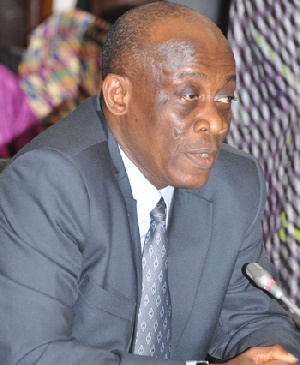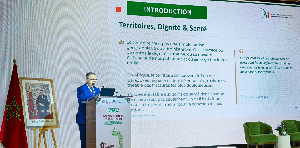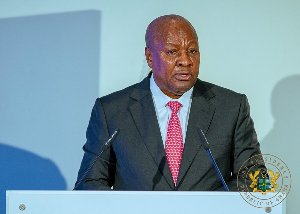An economic think-tank says the 2016 Budget statement lacks concrete economic policies and strategies to transform the ailing economy and establish macroeconomic stability and credible fiscal consolidation.
The Institute for Fiscal Studies (IFS), which made this known yesterday in Accra, said the projected decline in fiscal deficit in the 2016 budget statement would not be achieved due to uncertainties surrounding the revenue assumptions and difficulties in containing expenditure.
It said: “Even if the deficit is achieved, it may happen at the cost of a substantial build-up of arrears and a sharp decline in capital spending. Government will continue to borrow to increase the public debt stock and worsen its sustainability implications.”
It noted that initiatives proposed in the budget to deal with unemployment were grossly inadequate, while the budget did not provide a comprehensive strategy to deal with perceived corruption in the public sector.
“The 2016 Budget, in its current form, cannot address all the critical economic challenges and risks currently confronting the country.”
It stated that the national budget should be able to identify the key challenges and risks confronting the economy, accurately diagnose their causes and undertake the three functions of economic policy to provide corrective measures to address the challenges and influence the economy to make progress.
“Unfortunately, the 2016 Budget does not deal with issues currently confronting the economy well enough. As many analysts have observed, the 2016 Budget looks like a mere fulfillment of a constitutional mandate than an instrument of economic policy and strategy to deal with the country’s economic growth and developmental challenges.”
It said that the economy was experiencing a serious slowdown and instability at the macro level caused by the twin deficits and weak monetary policy.
The state of the economy now points to the need for a serious transformation. Unfortunately, and as we have pointed out several times, recent economic policies are short of transformational ambition.
Though the 2016 Budget comes with a theme “Consolidating progress towards a brighter medium-term”, it does not explain the nature of the progress that it purports to consolidate other than the projected drop in fiscal deficit.
“The budget does not outline how innovation and technology-led productivity growth will be pursued to reverse the decline in agriculture, mining and quarrying, and manufacturing sectors, how to foster their inter-sectoral linkages to support economic growth and how to achieve macro-economic stability.
“With economic growth becoming stunted and the macro situation deteriorating, and no clear policies and strategies outlined to address these challenges, it is hard to see how the macroeconomic targets set for 2016 will be achieved.”
“Like the 2015 National Budget, with its theme ‘Transformational Agenda: Securing the Bright Medium Term Prospects of the Economy,’ the 2016 Budget does not outline the policies and drivers of the economic transformation process and the expected outcomes.
“The result is the projected disastrous performance of the key sectors of the economy in 2015: agriculture sector is projected to grow at zero (0.04 percent); manufacturing sector will contract by 2.0 percent, making it three consecutive years of contraction and the mining and quarrying sector will contract by 3.8 percent. Not only that but also inflation, exchange rate, interest rates and the current account deficit are all witnessing significant upswings, leading to serious instability at the macro level. This does not constitute economic transformation.”
Business News of Thursday, 26 November 2015
Source: Daily Guide













